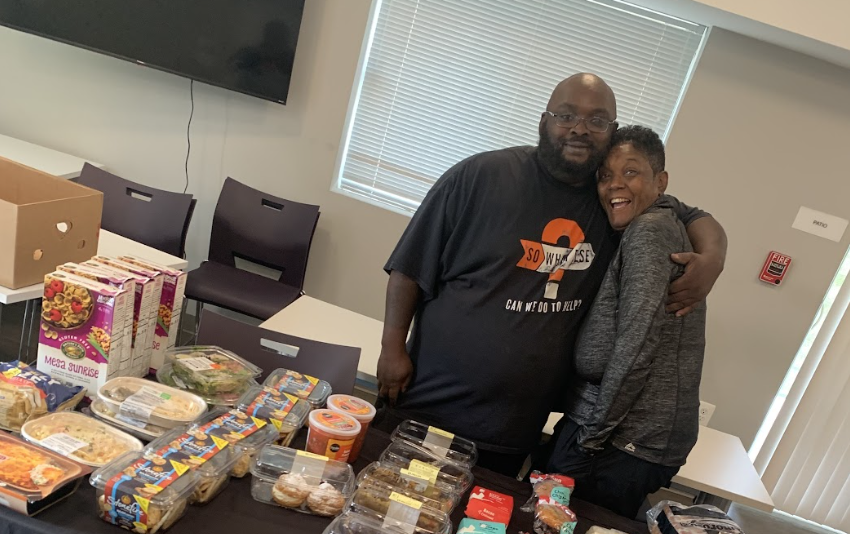
In recent years, the landscape of food support services has been evolving to address the growing needs of communities facing food insecurity. While traditional food pantries have long been a valuable resource for those in need, new innovations are emerging to provide more sustainable and empowering solutions. From mobile food markets to community kitchens, initiatives are focusing on not just providing food but also building long-term food security and fostering community engagement. Let's explore some of the innovative approaches that are shaping the future of food support services.
Empowering Communities Through Food
Community Gardens
- Community gardens provide a sustainable source of fresh produce to residents while promoting community engagement and education on gardening and nutrition.
- These green spaces not only increase access to healthy food but also serve as gathering places for neighbors to connect and build relationships.
- Community members can actively participate in growing their own food, promoting self-reliance and food sovereignty.
Community Kitchens
- Community kitchens offer a space where individuals can come together to prepare and share meals, fostering a sense of community and belonging.
- These kitchens often provide cooking classes, nutrition education, and resources for individuals to learn how to cook healthy and affordable meals.
- By equipping individuals with the skills and knowledge to prepare their own meals, community kitchens empower participants to take control of their food choices and health.
Innovative Distribution Models
Mobile Food Markets
- Mobile food markets bring fresh, locally sourced produce directly to neighborhoods that lack access to grocery stores or farmers markets.
- These markets often accept payment through various means, including SNAP benefits, making fresh produce more affordable and accessible to low-income communities.
- By eliminating transportation barriers and bringing food to underserved areas, mobile food markets help address food deserts and improve access to healthy options.
Food Recovery Programs
- Food recovery programs partner with restaurants, grocery stores, and other food establishments to redirect surplus food that would otherwise go to waste.
- By rescuing excess food and redistributing it to those in need, these programs not only reduce food waste but also provide nutritious meals to individuals facing hunger.
- Food recovery programs contribute to sustainability efforts by diverting food from landfills and supporting those experiencing food insecurity.
Collaborative Initiatives for Impact
Public-Private Partnerships
- Public-private partnerships bring together government agencies, businesses, nonprofits, and community organizations to address food insecurity through a collaborative approach.
- These partnerships leverage resources, expertise, and networks to develop innovative solutions and scale up existing programs for greater impact.
- By working together, stakeholders can create more comprehensive and sustainable strategies to combat hunger and support food-insecure populations.
Interdisciplinary Approaches
- Interdisciplinary approaches involve professionals from various fields, such as public health, nutrition, urban planning, and social work, to address the multifaceted aspects of food insecurity.
- By integrating different perspectives and expertise, interdisciplinary teams can develop holistic solutions that consider social, economic, and environmental factors impacting access to healthy food.
- These collaborative efforts lead to more innovative and effective interventions that address the root causes of food insecurity and promote long-term food security for communities.
Conclusion
As we look to the future of food support services, it is clear that a shift towards more sustainable, empowering, and community-driven initiatives is underway. By expanding beyond traditional food pantries and embracing innovative approaches, we can create a brighter future where access to healthy food is a fundamental right for all. Through community empowerment, innovative distribution models, and collaborative partnerships, we can work towards a more equitable and resilient food system that nourishes individuals and strengthens communities.